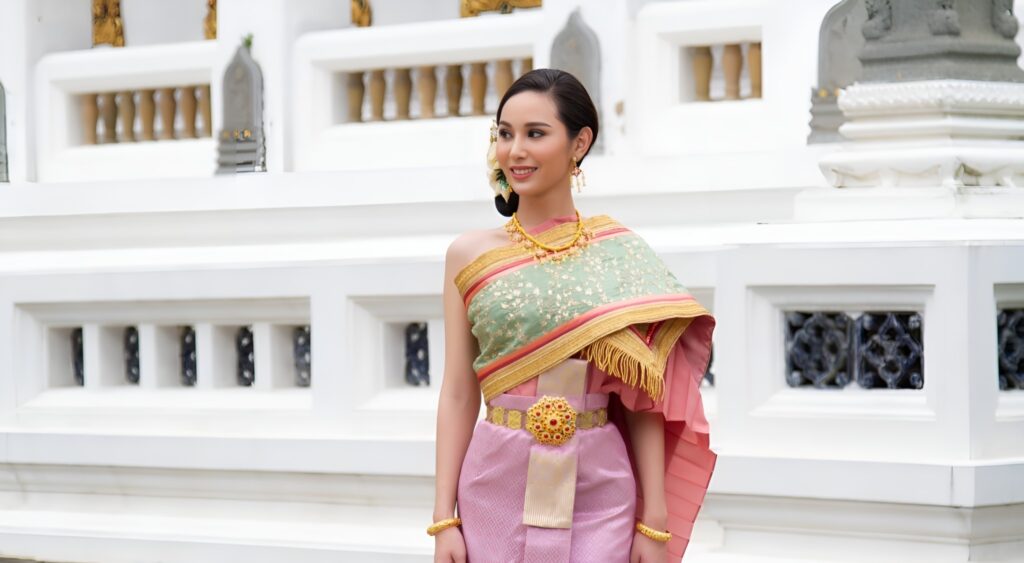Thailand’s Ministry of Culture is proposing that traditional Thai clothing be inscribed on UNESCO’s List of Intangible Cultural Heritage of Humanity.
Thailand’s Ministry of Culture is preparing a presentation to support a request to include Thai traditional clothing in the UNESCO List of Intangible Cultural Heritage of Humanity, the Bangkok Post reports, citing a statement by Kovit Pakamart, head of the Department of Cultural Development.
The list of intangible cultural heritage, also called “living heritage”, includes customs, representations and expressions, knowledge and skills passed on by communities from one generation to the next that creates a sense of identity and continuity among communities. Promotes creativity and social well-being, contributing to the management of the natural and social environment and income generation.
As a first step towards submitting a proposal to the United Nations Educational, Scientific and Cultural Organization, the department held a brainstorming session with project participants at the Thai Cultural Centre to gather information on traditional Thai costumes.
Thai traditional outfits, unlike those of other countries, are unique in design and materials and are characterised by craftsmanship that reflects the different regions of the kingdom,” Kowit said.
There are eight main types of traditional clothing for Thai women. Her Majesty Queen Mother Sirikit initiated a study of Thai women’s attire from different eras to design the dresses in which she accompanied the late King Bhumibol Adulyadej on royal visits to the United States and Europe 60 years ago.
For men, there are three main types of traditional attire worn on different occasions. Wearing traditional Thai dress is a social norm for Thais, showing that they value tradition and culture.
The Thai Hadi Research Institute at Thammasat University has received support from the Department of Cultural Development to compile a database of Thai traditional dress to prepare a proposal to UNESCO, said Saowatharn Phoklad, the institute’s director, Associate Professor Saowatharn Phoklad.

Thailand asks for Thai clothing to be recognised as cultural heritage.
The institute’s research team collects information and interviews people who have inherited traditions and customs related to cultural heritage in various fields, particularly Thai traditional dress, Saowatharn added.
Earlier this month, UNESCO listed the celebration of the traditional Thai New Year, the Songkran water festival, as an intangible cultural heritage.
To date, Thailand has four elements inscribed on the Representative List of the Intangible Cultural Heritage of Humanity, namely the masked dance drama Khon (2018), the dance drama Nuad Thai (2019), the dance drama Nora (2021) and the traditional Thai New Year festival Songkran Thailand (2023).
In addition to recognising Thailand’s cultural and natural diversity, UNESCO has also declared seven sites in the Kingdom of Thailand as World Heritage Sites. These include three natural sites and four sites of historical and cultural significance.
More Articles Here
More Articles Here










